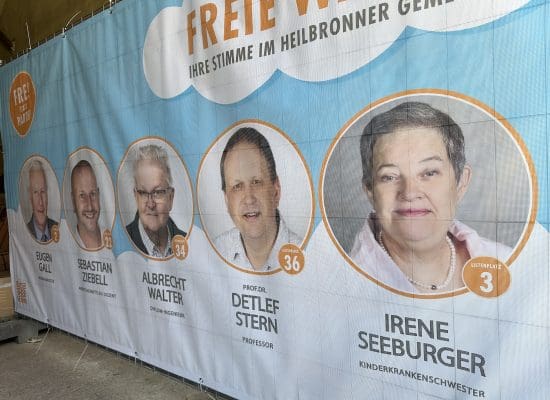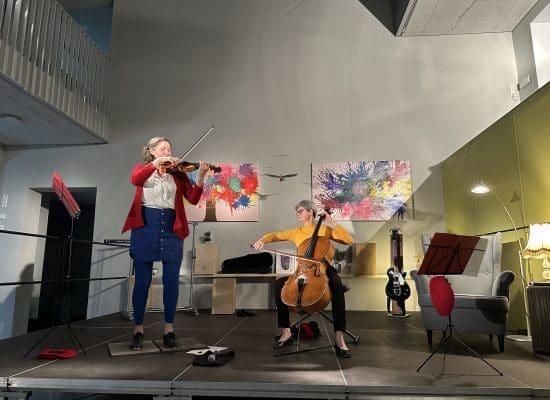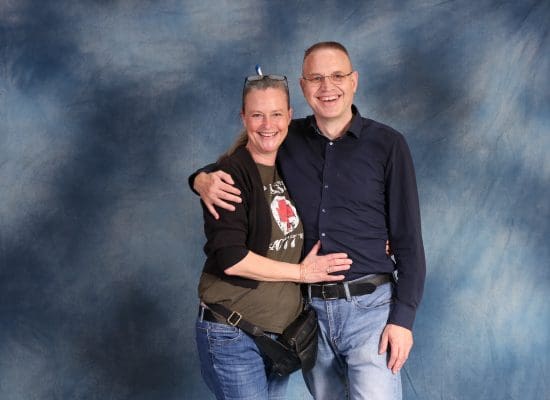Table of Contents
night rest
Even if I Thomas Aurich otherwise very much appreciate and like to sit a little longer in restaurants myself, I have full understanding for all those who are taking action against a further restriction of the night's rest, because you also have to think of those who have to work again the next morning or, in principle, an undisturbed night's sleep are dependent on sleep.
By the way, in Heilbronn you are already allowed to celebrate undisturbed until 23.00 p.m. on summer days.
"Everyone must behave in such a way that in the months April to September from 23 p.m. to 00 a.m. and in the months October to March from 07 p.m. to 00 a.m. the night rest of others, particularly by noisy entertainment, singing, shouting or bawling, is not disturbed more than is unavoidable under the circumstances. This also applies to night-time arrivals and departures of motor vehicles, especially in restaurants, places of entertainment and meeting rooms.
Heilbronn Police Ordinance II. §2 (1) of December 18, 2015
And I know that very well, because I have a neighbor who regularly puts this police order in my mailbox — but always from 21.00:XNUMX p.m. In the meantime, I also have this available as a PDF and I am happy to make it available for download.
And I recommend all those who want to turn Heilbronn into a pure "party town" to provide suitable and, above all, sufficiently attractive offers. They then do not need to save their own existence between 23.00 p.m. and 3.00 a.m. Above all, however, they protect their own employees, who are becoming increasingly difficult to get hold of.
And for those places of entertainment whose concept turns night into day, we have very attractive locations in Heilbronn, such as e.g. B. Hafenstraße, which could definitely be expanded further.
By the way, concentrating on a few locations would make the whole thing much more attractive for all night owls, since they spend more time in Heilbronn these days looking for these places than they can spend in the locations themselves.
Deutsche Post
The "managers" of this company now see the opportunity to be released from all duties and any responsibility. Today they announce that they want to stop six domestic flights a day "because of environmental protection" if, in return, the legal requirements for the fast delivery of letters are changed.
It is already a fact that sending mail with Deutsche Post has become a pure gamble. Correctly addressed letters, e.g. B. from Heilbronn to Flein, arrive there, if at all, only after days or even weeks; usually returned as undeliverable.
I don't even want to talk about our mail to Stuttgart or from Stuttgart to Heilbronn - I've long since lost track of how many letters and packages have disappeared completely.
But the whole thing is far surpassed by my attempts to send a calendar — DinA4 — to the USA. Postage charges of 55 euros are now not uncommon, and letters franked in this way and handed in personally at the main post office have been missing for well over a year. And if you think it's just bad luck, you're wrong, because the one that was sent out this year is still missing.
Eszet
Today I would like to break a lance for the most German of all letters, namely the Eszett. For the older ones among us it is still known as the Dreierles-S or the sharp S. Even though the eszett is disappearing from our language more and more, it has remained in lower case as “ß” to this day. Interestingly, the eszett in capital letters has now completely disappeared and has been replaced there by the double S (SS) and recently sometimes simply by the lowercase "ß".
Very few people still know today that [that] the Eszett in capital letters was simply written as SZ. The last time I found this spelling was in the so-called noughties on Bundeswehr property and I used it myself until recently. Unfortunately, most fellow citizens no longer recognize the combination of letters "SZ" as Eszett.
The SZ originally came from the long-S, which is related in the German language, the "ſ", and the normal "s", which one after the other as a combination or so-called ligature formed the new "ß". If you disregard the different pronunciation, which I could never hear myself, the "ß" is actually just a mere "ss" from the start.
As a matter of fact, every language is becoming more and more simplified and such a discussion is likely to be purely academic, if at all.
And the new gender asterisks, like the many smileys, are much easier to set for less gifted fellow citizens and can therefore be used generally. But here too, whether gender asterisks or emoticons, our language will continue to simplify, and so this “fashion” will one day pass.
Addendum
Detlef Stern drew my attention to the fact that there used to be a corresponding capital letter “ẞ” for the “ß”, which is confusingly similar to the small “ß”. And since I not only hear badly, but also see badly, I simply hadn't noticed that until now - now on the subject of "lifelong learning".
painting of the day
Leonardo da Vinci: Mona Lisa (approx. 1502 – 1506)
birthday of the day
Paul Klee







